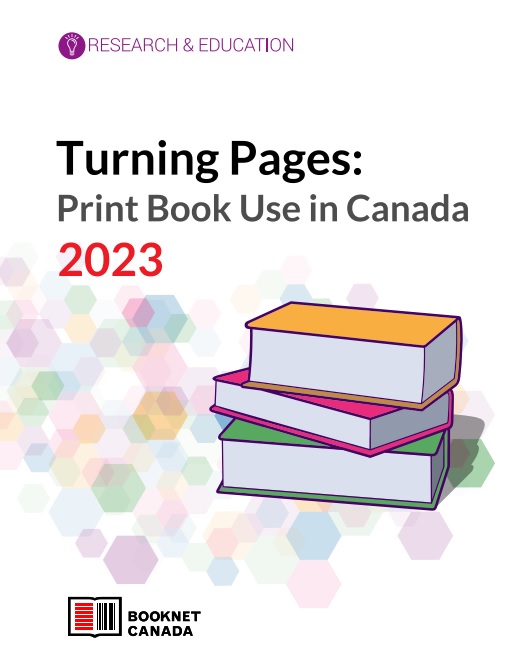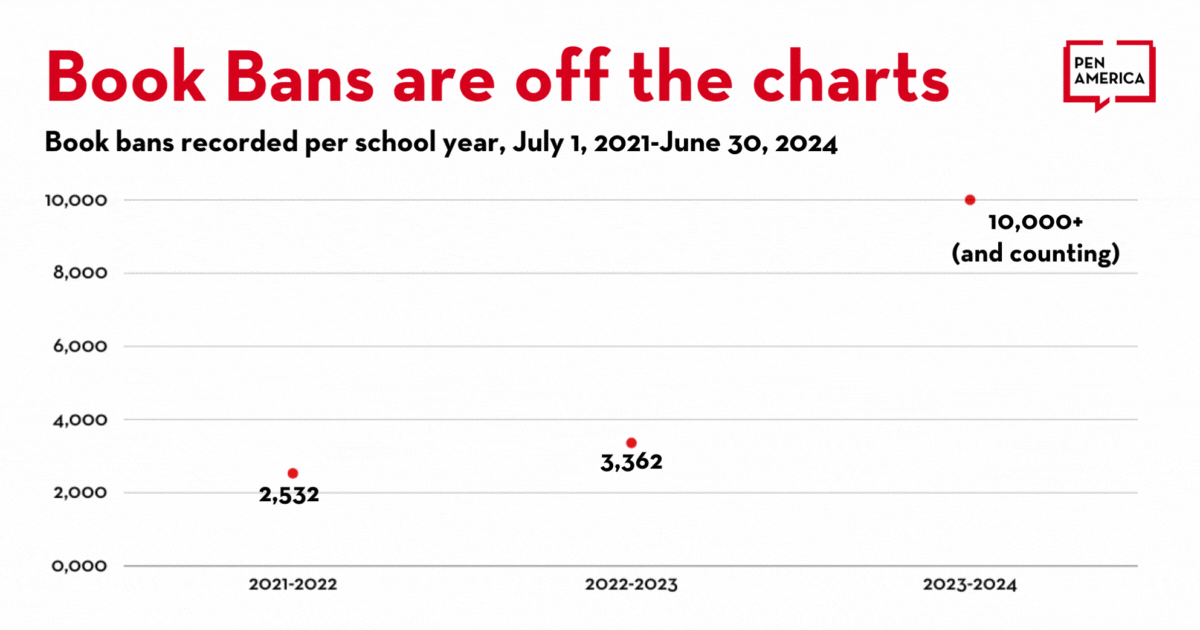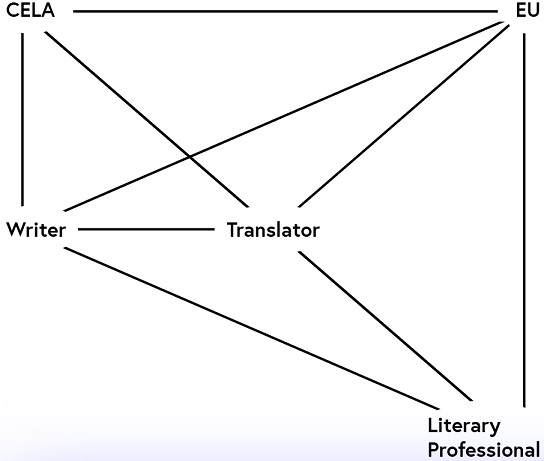The Latest on Writing and Publishing in Canada
CULTURAL FUNDING (INTERNATIONAL) | COPYRIGHT | INDEPENDENT PUBLISHING | INDUSTRY STATS | SCHOOL LIBRARIES | READING AND WRITING | BOOK PROMO | BOOK BANS | TRANSLATION
CULTURAL FUNDING (INTERNATIONAL)
Unique System of Culture Vouchers Being Overhauled in Italy

Image Source: Carta della Cultura e del Merito.
Italy made waves almost a decade ago when it introduced the concept of a “culture voucher,” an individual stipend of €500 to all citizens as they turned eighteen years of age. The same amount was given away to all eligible citizens, to be spent on cultural products such as books, visual art, etc. Italy’s progressive and culturally supportive voucher system was copied by other EU countries such as Germany, France, and Spain. Industry stats show an impressive increase in book sales and reading rates in countries with a culture voucher system. It is estimated approximately 70% of the voucher’s value was spent on books.
But, with the election of Italy’s new, far right, Brothers of Italy government under Giorgia Meloni, the culture voucher system has been reworked to make it income- and merit-based. Now a Carta Cultura will go to individuals based on a measurement of economic need, while a Carta del Merito will serve as a reward for academic achievement. Technically, it would be possible for a good student from a lower-income family to earn both cards, but predictions are low for that outcome.
The overall budget for the Italian culture voucher system has been reduced from €230 million to €190 million. Industry analysts expect a reduction in impact in the cultural economy from this new program.
COPYRIGHT
Podcast Series Examines 100 Years of Canadian Copyright

Image Source: Copibec.
Copibec, Quebec’s copyright licensing agency, has launched a fascinating podcast series timed for the centenary of Canada’s Copyright Act. Host Farnell Morisset gathers a multitude of legal and cultural experts to discuss the development of copyright as a legal concept, its importance to professional cultural work in Canada, and the many ways it has been challenged and weakened since the introduction of the first entirely domestic Copyright Act in 1924.
Little known fact… before 1924, Canadians wishing to protect written expression had to register (and deposit two copies) of their work with the Minister of Agriculture. Given that the very first officially registered work under Canadian copyright was a booklet of measurement tables for timber, this is perhaps not all that surprising; but it is a long way from the breadth of work now under copyright protection in this country.
At this writing, three episodes have been released covering copyright as an instrument of power (both state and individual), copyright as the guardian of cultural creation, and copyright in the face of technological revolutions. The podcast was given a public launch at a September 19th centenary conference for the Copyright Act at the Museum of History in Gatineau, Quebec. TWUC was in attendance and participated in the conversation around where copyright sits now in our legal landscape, a full century after its official launch in domestic law.
INDEPENDENT PUBLISHING
Canada’s Independent Publishers Feel Pressure on Price
Late September’s Publisher’s Weekly, a US-based publication featured news about the Canadian market, noting that the smaller independent publishers in Canada — those largely dependent on public funding, and constrained in their reach beyond the Canadian market — are suffering from supplier price increases they find difficult to pass on to the consumer.
Everything from paper costs, shipping, venue rental for promo, to travel and hotel rooms for touring authors was cited as rising steeply, while the average price of a book in Canada has not increased to meet those costs. And while sales seem to have rebounded from the pandemic, rising costs have taken a significant bite from already slim profit margins. This, naturally, also puts a squeeze on how much publishers offer authors in terms of advances and royalties.
Noting that consumers resist book price increases in a way they seem not to with other consumables such as cocktails, industry experts say the price of books has “barely moved” in twenty years.
The PW main feature does note a new Indigo Books promo that awards extra loyalty points to customers who buy from specified independent Canadian publishers.
INDUSTRY STATS
Print Still Reigns for Canadian Book Consumers

Image Source: BNC Research — BookNet Canada.
A new study from BookNet Canada shows a very strong preference for print books over ebooks among Canadian consumers, and that includes both book purchases and loans from libraries.
Turning Pages: Print Book Use in Canada 2023 is available free on the BookNet website. Key findings have 92% of Canadian book consumers reading at least one print book a year, while 84% of Canadian readers borrowed a print book from their library, even if they accessed the library catalogue online.
Looking at all purchases made by all Canadian book buyers in 2023, 79% were print books, 14% ebooks, and 4% audiobooks. What’s more, fully 86% of book purchasers believe they get good or excellent value for their money when buying both paperbacks and hardcovers, so any increases in book pricing have not had a negative effect on consumer perceptions.
There also remains a preference among Canadian consumers for purchasing print books in person at a bookstore rather than through an online retailer… good news for brick-and-mortar bookstores.
SCHOOL LIBRARIES
Writers' Union Pushes Ontario Government for School Library Funding

Image Source: Save Our School Libraries - Ontario Library Association.
In September, the Union joined its colleagues at the Ontario Library Association in lobbying the Ontario government to return school library funding as a standalone and discrete envelope in the provincial education budget.
Over the past two decades, because of reduced government funding for education, and the difficult choices school boards and individual schools must make, hundreds of thousands of students across Canada have lost access to school libraries.
The Ontario Library Association recently identified a new funding formula that threatened school libraries even further. In Ontario, school library funding was removed as a discrete category in educational budgets, giving implicit permission to boards and schools to reduce their investment in these resources.
Union Chair, Danny Ramadan, wrote directly to Ontario’s Education Minister with TWUC’s concerns. Ontario members were encouraged to sign the OLA’s petition on the matter, and join the social media campaign highlighting the importance of school libraries.
Researchers the world over have found that professionally staffed school libraries improve educational outcomes for students, and assist classroom teachers in supporting individual learning styles and challenges. A great many Union members present their work during classroom visits in public schools, and their books are regularly collected in school libraries.
READING AND WRITING
Ontario Schools Not Meeting Reading and Writing Standards
A report on standardized test results from Ontario’s Education Quality and Accountability Office indicate students in Canada’s most populous province continue to fall behind on reading and writing skills. Fewer Grade 3 and Grade 6 students met the provincial standard than in the previous year.
Given the trend toward fewer school libraries and teacher-librarians in Ontario’s schools, this result is perhaps more predictable than surprising, but it does call into question provincial government insistence that they have prioritized improvement of these skills. In a response to TWUC’s recent advocacy, the Ontario Ministry of Education said “Under Bill 98, Better Schools and Student Outcomes Act, 2023, the provincial priority is to improve student achievement by focusing on core skills like reading, writing and math.”
Students across Canada saw a severe drop in reading and writing skills since 2018, mostly attributed to disruption from the pandemic. The latest Ontario results indicate a steep road ahead for that province at least.
BOOK PROMO
No Canadian-Authored Titles in Indigo Book Giveaway
Canadian retail giant, Indigo, demonstrated a renewed focus on books with a September 14 promotion in which a combined 10,000 copies of four titles were given away to Indigo shoppers for free. Even with Indigo’s sector-leading wholesale discount from publishers, this promotion will have cost their owners over a hundred thousand dollars.
While enthusiastic book promotion can only be good for the industry as a whole, sadly there were no Canadian-authored titles in the giveaway. Industry insiders have privately expressed hopes for a Canadian-focused giveaway in the future.
The books were Braiding Sweetgrass: Indigenous Wisdom, Scientific Knowledge and the Teachings of Plants, by author Robin Wall Kimmerer, a member of the Citizen Potawatomi Nation in New York State, The Kite Runner by Afghan-American Khaled Hosseini, The Glass Castle, by Virginian Jeannette Walls and The Book of Longings by North Carolina’s Sue Monk Kidd.
BOOK BANS
Orwellian “Free Speech” Arguments Look to Protect Government Censorship in Texas

PEN America documents a sharp rise in book bans in the United States. Image Source: Memo on School Book Bans from PEN America.
The government of Llano County, Texas is appealing a lower court stay on book removals ordered for the county’s libraries and schools. Lawyers for the county argue that book bans constitute government speech, and therefore a court refusing their bans is infringing on the county’s First Amendment right to free speech. A veritable flood of “friend of the court” amicus briefs from author, publisher, library, school, and public interest groups is not fooled by Llano County’s reverso approach to censorship, and have broadly supported the stay on book removals.
Eighteen other states have filed their own amicus brief in support of Llano County’s unorthodox position, presumably to protect their own right to censor authors and publishers in their own schools and libraries. Those states are Florida, Texas, Alaska, Arkansas, Idaho, Indiana, Iowa, Kansas, Louisiana, Mississippi, Missouri, Montana, Nebraska, North Dakota, Ohio, South Carolina, Utah, and West Virginia.
The appeal was heard before an 18-judge panel of the Fifth Circuit Court of Appeals on September 24. A decision is forthcoming.
TRANSLATION
Popular EU Program Connects Authors with Translators

Image Source: CELA.
Recently, the Connecting Emerging Literary Artists (CELA) program selected participants for its third round of putting emerging writers in Europe together with translators who can help to spread their work across the EU. Funded by the European Union’s Creative Europe program, CELA aims to reduce the language barriers for writers especially from minority languages in the Union.
Sixty-six writers and ninety-nine translators in total take part, and samples of each writer’s work are translated so as to make them more accessible to publishers across Europe.
The Writers’ Union of Canada has long advocated greater access to translation funds for writers in Canada, both to make work not written in one of Canada’s official or Indigenous languages more accessible to the publishers of this country, and to make English, French and Indigenous language works more accessible to world markets. The CELA model is one the Union will be sharing with public funders here.



